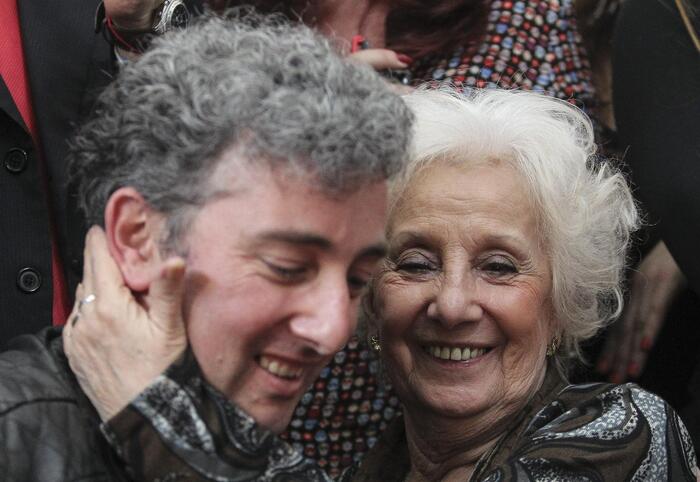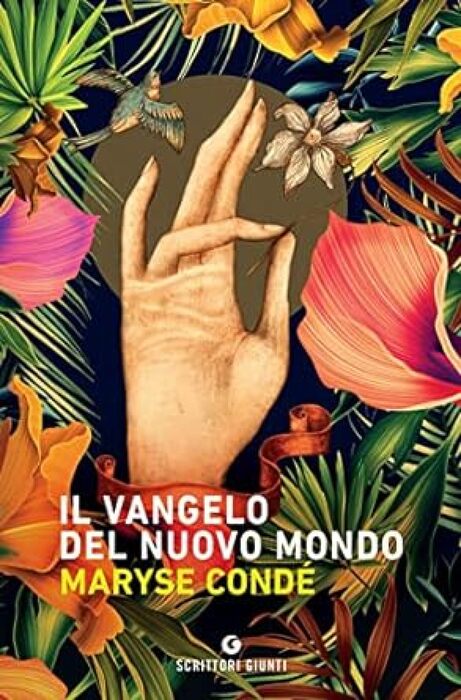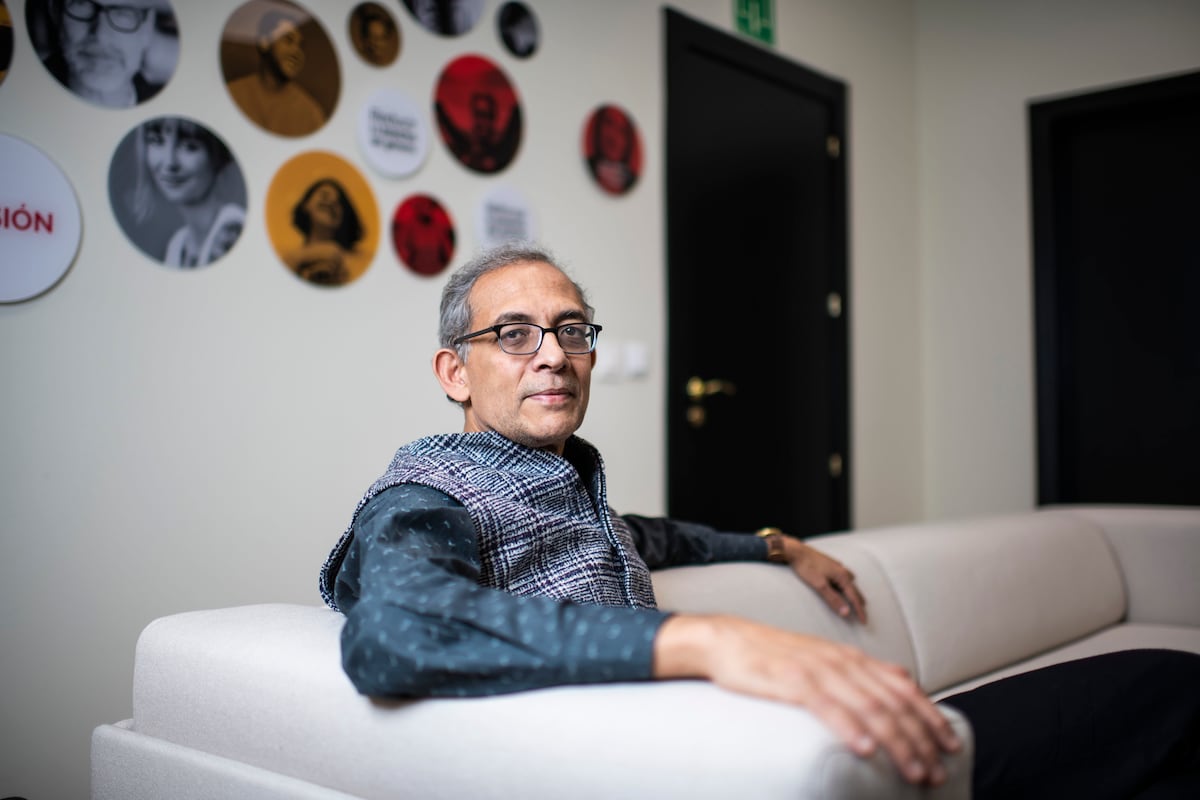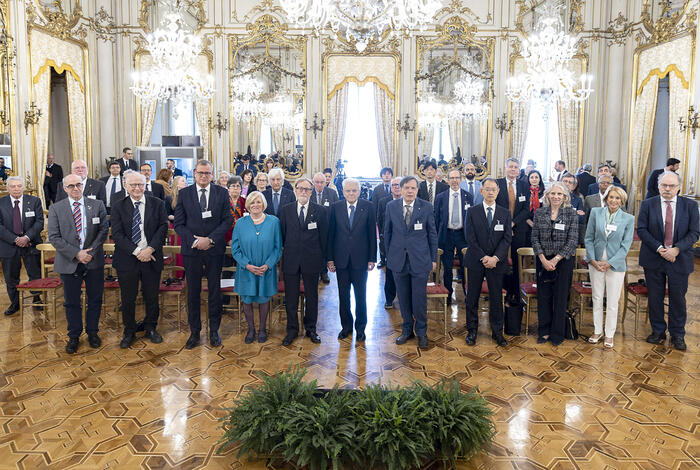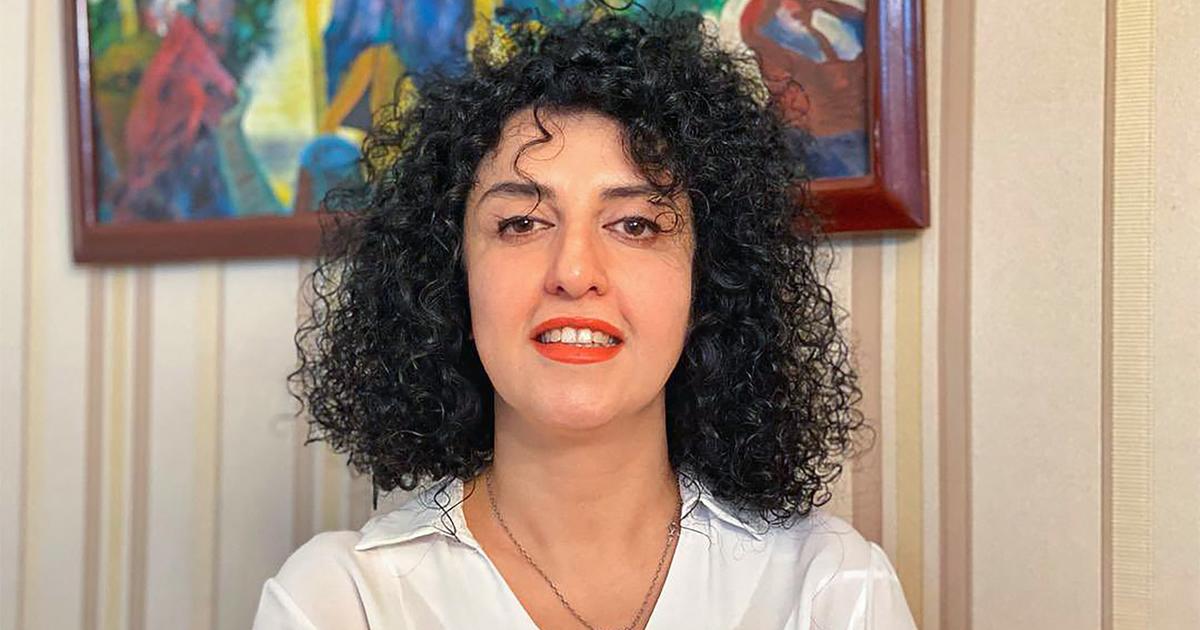Istanbul, the great Turkish metropolis with its historical stratifications and the interbreeding of the two cultures, the western and the eastern, was the lifeblood for the Turkish novelist Orhan Pamuk, Nobel prize for literature in 2006. The intimate relationship between the city of origin and the writer's works was explored in Nuoro, on the occasion of the conference "The Nobel meets the Nobel, from Tina Maraucci, turcologist of the University of Florence, and Elena Furlanetto, professor of the University of Duisburg-Essen, in the session dedicated to Pamuk and coordinated by the Turkish journalist Esma Cakir, former director of the Italian press abroad.
"All the poetry of Pamuk reflects his visceral attachment to the city of Istanbul - explains Professor Maraucci - He was born and grew up in the 'Pamuk palace', in the modern upper-middle class district of Istanbul where his family lives, in particular his grandmother, a witness to the collapse of the Ottoman Empire, and later to the cosmopolitan pre-republican city, which he knew himself up until the republican and nationalist era, in which context Pamuk formed and all his work will be a search for an authentic Istanbul that it encompasses the riches of past history that he experiences as a loss ".
An enlightened example is found in the novel "The Black Book". "Here Pamuk elaborates a critique of Western neo-colonialism and feels nostalgia for the imperial period, through an imaginary linked to personal dissociation, to the loss of the self - says Elena Furlanetto - The identities and ambiguous spaces contained in the book are tools to dialogue on spectra of the imperial past, but above all of the post-colonial present of Turkey, a dimension sometimes denounced, sometimes denied both in academic and media discourse ".
In collaboration with:
ISRE NUORO



